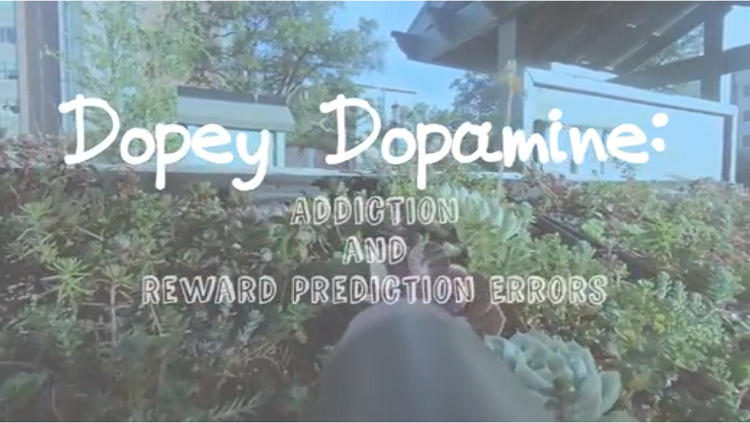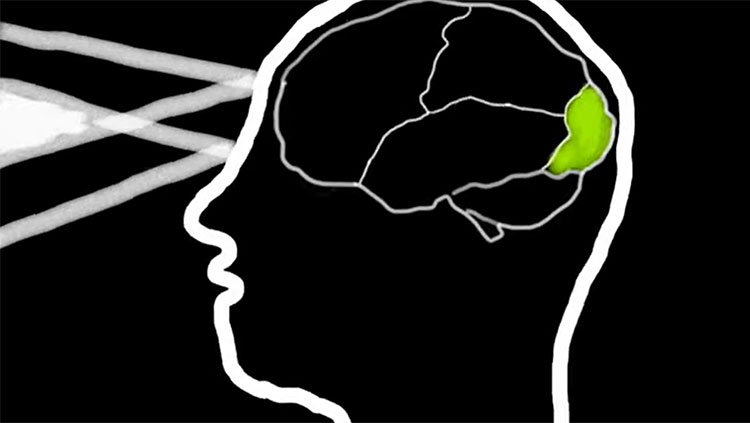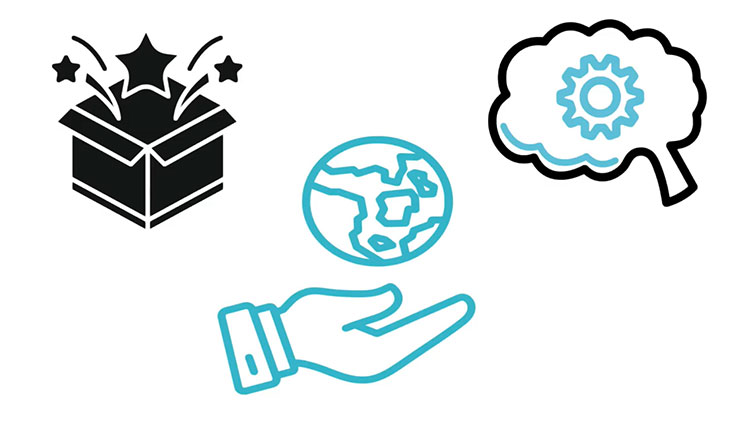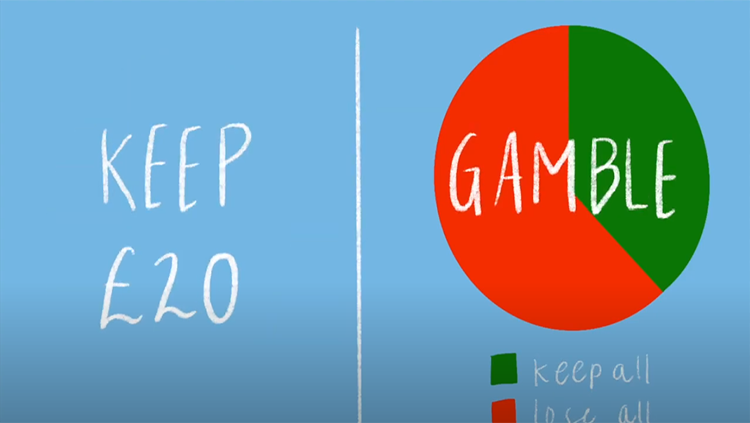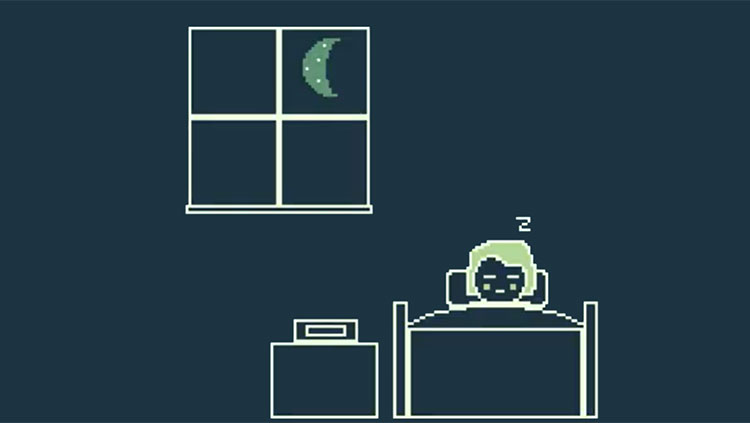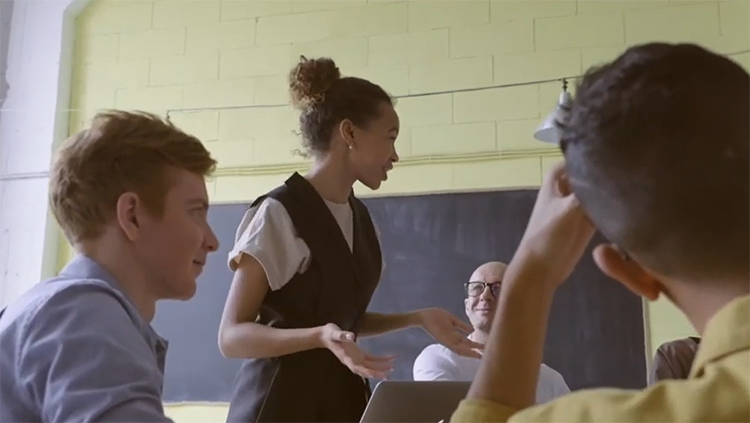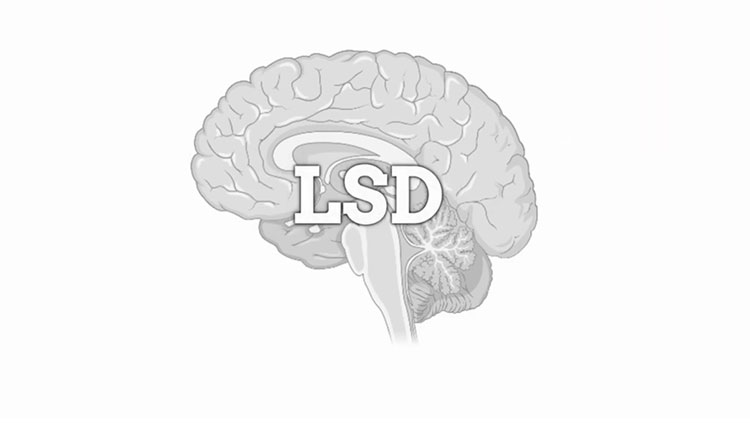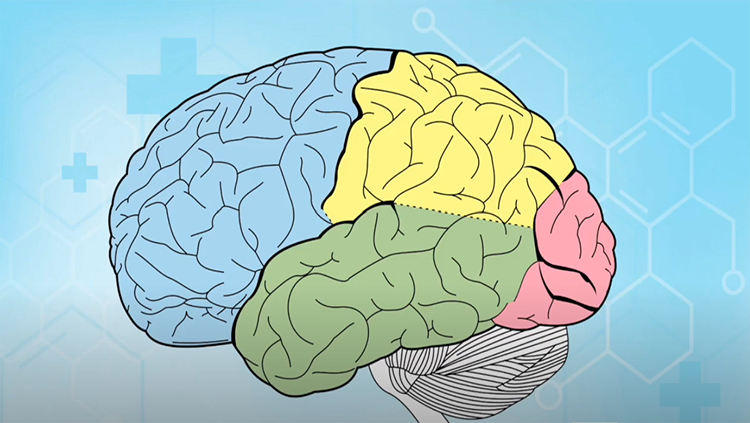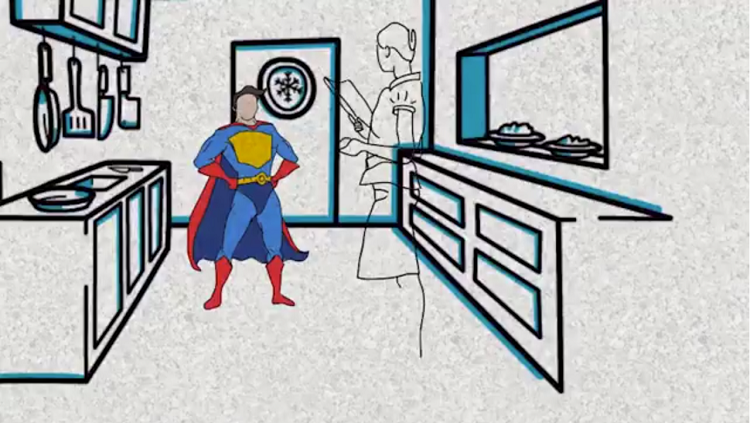Filter
-
(1)
-
(1)
-
-
(1)
-
(8)
-
(15)
-
(3)
-
(1)
-
(2)
-
(1)
-
(3)
-
(1)
-
(1)
-
(2)
-
(2)
-
(1)
-
(1)
-
(2)
-
(1)
-
(1)
-
(1)
-
-
(1)
-
(1)
-
-
(1)
-
(8)
-
(3)
-
(4)
-
(3)
-
(1)
-
-
(94)
-
(39)
-
(19)
-
(33)
-
(4)
-
(15)
-
-
(2)
-
(2)
-
-
(1)
-
(1)
-
-
(10)
-
(1)
-
(8)
-
(3)
-
-
(3)
-
(1)
-
(1)
-
(1)
-
-
(1)
-
(4)
-
(11)
-
(2)
-
(1)
-
(7)
-
(1)
-
-
(49)
-
(7)
-
(2)
-
(2)
-
(5)
-
(2)
-
(7)
-
(7)
-
(11)
-
(9)
-
-
(6)
-
(14)
-
(1)
-
(9)
-
(1)
-
(3)
-
(2)
-
-
(1)
-
(1)
-
(7)
-
(6)
-
(2)
-
(1)
-
(1)
-
-
(1)
-
(1)
-
-
(1)
-
(26)
-
(3)
-
(1)
-
(17)
-
-
(3)
-
(2)
-
(1)
-
-
(6)
-
(1)
-
(5)
-
(4)
-
-
(7)
-
(1)
-
(3)
-
(2)
-
(2)
-
-
(7)
-
(7)
-
-
(1)
-
(2)
-
(2)
-
(1)
-
(1)
-
-
(4)
-
(2)
-
(1)
-
(2)
-
-
(5)
-
(1)
-
(4)
-
-
(35)
-
(8)
-
(2)
-
(1)
-
(7)
-
(11)
-
-
(1)
-
(1)
-
(1)
-
-
(5)
-
(8)
-
(6)
-
(3)
-
-
(1)
-
(1)
-
-
(2)
-
(2)
-
-
(3)
-
(1)
-
(3)
-
-
(8)
-
(4)
-
(3)
-
(2)
-
(6)
-
(1)
-
-
(2)
-
(1)
-
(1)
-
-
(29)
-
(9)
-
(7)
-
(4)
-
(2)
-
(12)
-
-
(162)
-
(1)
-
(10)
-
(4)
-
(25)
-
(29)
-
(13)
-
(10)
-
(26)
-
(2)
-
(22)
-
(6)
-
(15)
-
(9)
-
(8)
-
(68)
-
(9)
-
(30)
-
-
(13)
-
(1)
-
(3)
-
(1)
-
(4)
-
(1)
-
(4)
-
(1)
-
-
(6)
-
(6)
-
-
(5)
-
(2)
-
(214)
-
(178)
-
(13)
-
(7)
-
(5)
-
(1)
-
(19)
-
(10)
-
(24)
-
(6)
-
(178)
71 - 80 of 231 results
-
Learn about the reward prediction error hypothesis as it applies to addiction and reward cues in thebrain.
-
Learn why people with aphantasia are unable to visualize images in their minds.
-
When a surprising experience contradicts our expectations, our brains can quickly adapt to the new circumstances and make decisions accordingly thanks to the anterior cingulate cortex.
-
How choices are framed can drastically influence our decisions ¬¬— even when outcomes are identical.
-
Circadian rhythms encourage our systems to operate on a 24-hour cycle, resulting in changes in mood and cognition when disrupted.
-
Memories aren’t static. Instead, they evolve over time, just like we do.
-
The spontaneous behavior helps both the speaker and the listener.
-
Lysergic acid diethylamide, or LSD, is a synthetic psychedelic that partially works by activating serotonin receptors, altering the way we think, sense, and behave.
-
Like a gardener trimming the excess branches of a tree, synaptic pruning clears away unneeded connections between neurons.
-
Learn how your brain creates dreams while you sleep.


